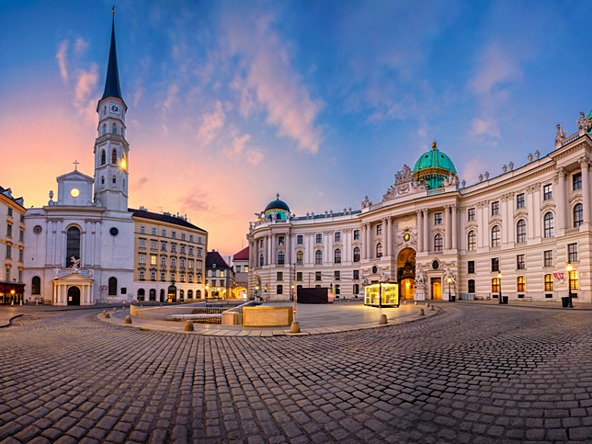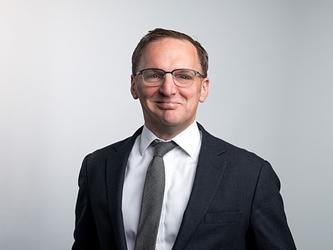Citizens determine how to spend heiress’s wealth following deliberative project

Engelhorn, an activist who has campaigned for taxing extreme wealth, formed the group to have it decide how the money she had inherited from her grandmother should be redistributed.
The group, the Good Council for Redistribution, spent six weeks discussing the distribution of wealth, and decided to distribute the fund to 77 initiatives. It also determined the amount of money to give to each project, with amounts ranging from €40,000 to €1.6m.
Engelhorn withdrew from the council after the project began and did not participate in the discussions. In a mission statement for the group, she said that a plan for how to redistribute wealth needed many perspectives, not just that of the individual who inherited.
The group was formed earlier this year. In January, invitations were posted out to a random sample of 10,000 addresses obtained by Vienna-based research agency Foresight from Austria’s Central Register of Residents (ZMR).
The invitation to register included a short survey, and from all complete responses, Foresight used statistical methods to identify 50 people who would best represent the composition of the Austrian population. Participants had to be over the age of 16 to register,
Alexandra Wang, project manager, said at a press conference on 18th June: "The council members were accompanied by an eight-person team of moderators, and they were advised by scientists and experts from various fields."
Projects and organisations chosen by the group’s deliberations include: women’s shelters; organisations that promote affordable housing; initiatives focused on inequality, human rights and democracy; groups focused on the environment; a deaf association; inclusive football clubs and a street newspaper.
Wang said: "In summary, the result is as diverse as the council itself. Initiatives were supported that directly support those affected or combat the causes of the problem. Both small and large organisations were considered, as well as young initiatives and long-established organisations."
Discussing what all decisions have in common, Wang said: "They want a fairer society. They want everyone to live together well. And they want to support those who are discriminated against."

We hope you enjoyed this article.
Research Live is published by MRS.
The Market Research Society (MRS) exists to promote and protect the research sector, showcasing how research delivers impact for businesses and government.
Members of MRS enjoy many benefits including tailoured policy guidance, discounts on training and conferences, and access to member-only content.
For example, there's an archive of winning case studies from over a decade of MRS Awards.
Find out more about the benefits of joining MRS here.













0 Comments